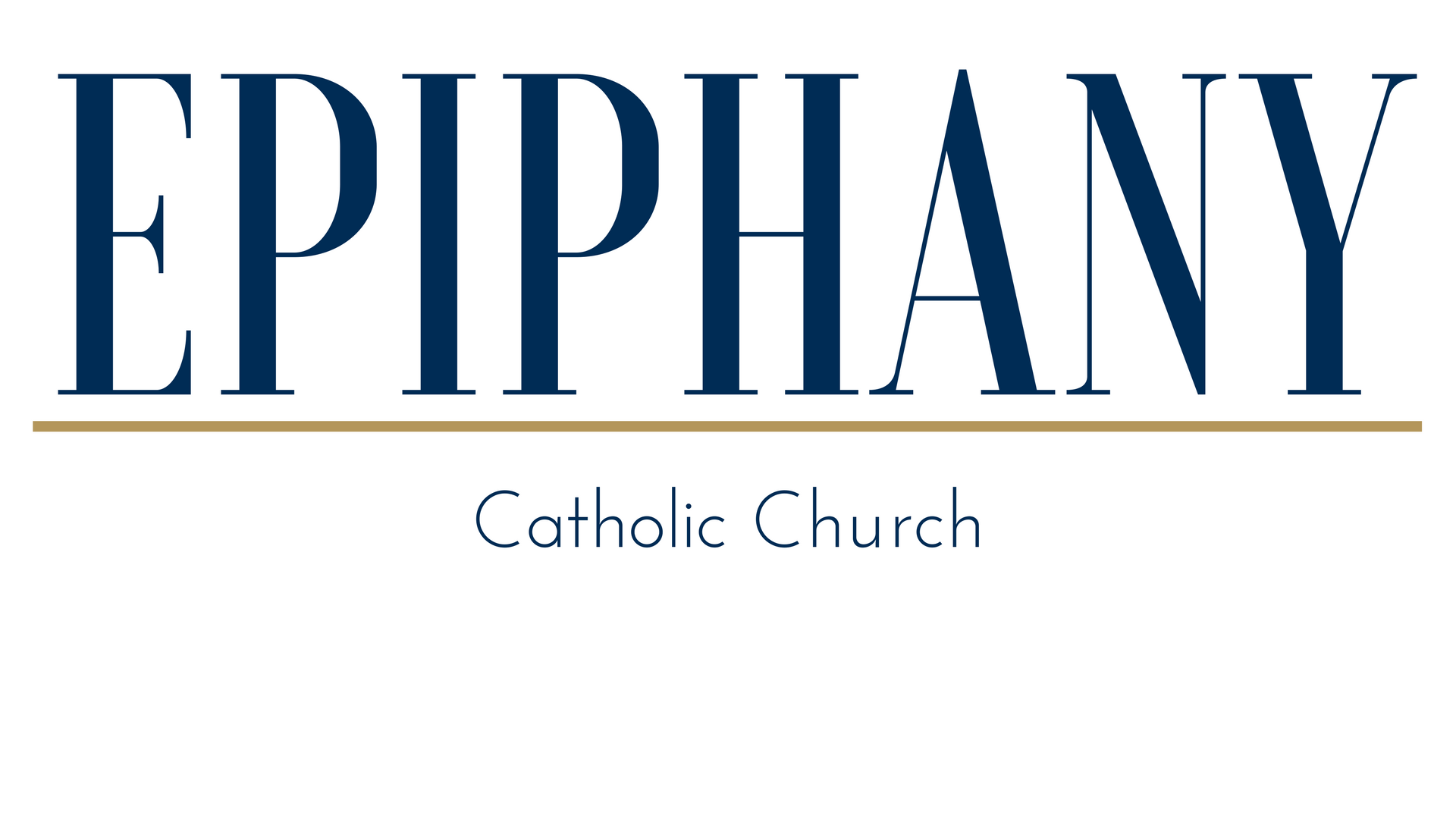46
Today the Supreme Court’s decision in Roe v. Wade is 46 years old. For 46 years, abortion has been viewed by a sizable slice of the US population as a woman’s right, a health care decision, a matter for discussion only between an individual and her physician.
But across those 46 years, it is estimated that more than 60,000,000 abortions have been performed. Sixty million human lives — that’s equivalent to the combined populations of California and Florida — are gone forever.
In Scripture, an assertion that it would have been better for an individual to die before birth is a statement of agony verging on despair. We see it repeatedly in the book of Job, for instance, as an illustration of the magnitude of his suffering. On this day let us remember the women whose circumstances spurred them toward abortion, and pray for their healing.
St. Augustine, in reflecting on his decisions as a young man, wrote with confidence about the presence of God’s sure and guiding hand in his sin-filled young adult years. “You were using my own desires,” he tells the Lord, “…for the healing of those desires” (Confessions V.viii). Author Peter Kreeft, reflecting on this passage of the Confessions, reminds us that God writes straight with crooked lines. Let us invoke the intercession of St. Augustine for all those who have participated in abortions, that in the mercy of God they may see his redemptive power and receive his forgiveness.
The young women who were first offered access to abortion in 1973 are in their 60s and 70s these days; those babies who never saw the sun might have become, 46 years later, parents or even grandparents. Some advocates for abortion rights frame it as a straightforward solution to a problem that may appear intractable; in practice, women may find it is a decision that casts a long and painful shadow. Let us pray for all those with empty arms, that Our Lord will fill them from his bounty. And let us pray for our divided nation, that we might see with our eyes, and understand with our hearts, and turn — that he might heal us.
Image of the Supreme Court from Wikimedia Commons
